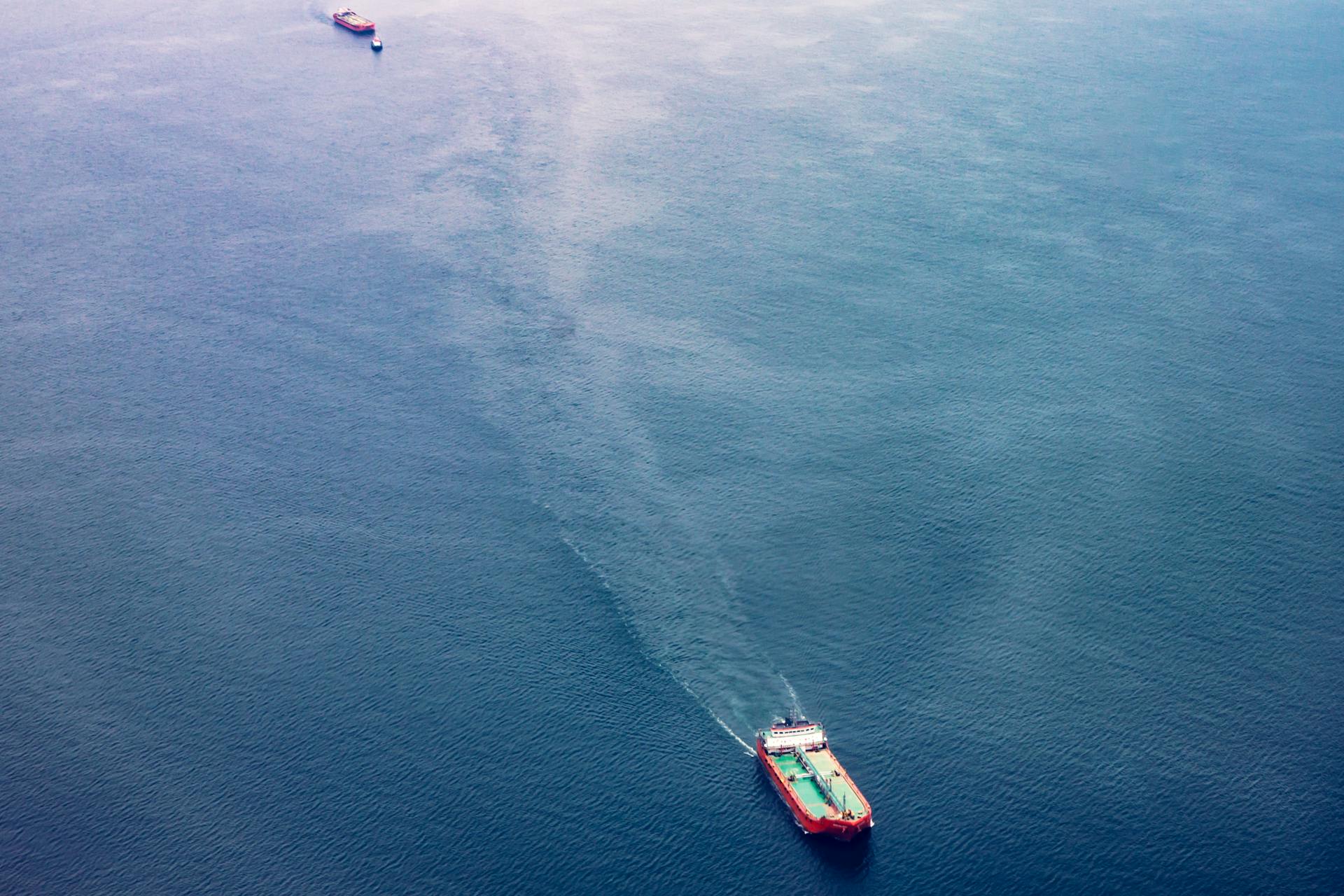Safe Bulkers, the Limassol-based shipowner listed in New York Stock Exchange, squeezed out a profit in Q2, 2025 despite surging costs, weaker rates and geopolitical instability, with six newbuilds underway and fresh credit lines secured.
Net income fell to $1.7 million, down from $27.6 million in the same period last year, while adjusted net income reached $3.0 million. The company declared a dividend of $0.05 per common share, to be paid on September 5.
President of the company, Loukas Barmparis attributed the decline to a “softer market compared to the previous year,” which weighed on both revenues and earnings from scrubber-fitted vessels.
“We remain focused on fleet renewal, strong liquidity, comfortable leverage and long-term value creation,” he said, noting the dividend reflects the company’s commitment to shareholder returns despite the challenging quarter.
Revenue for Q2 came in at $65.7m, a 16 per cent year-on-year decrease, while the average daily TCE rate dropped to $14,857, down from $18,650 a year earlier.
Operating expenses rose 9 per cent to $28.1m, driven by higher costs for spare parts, provisions, crew wages, and dry-docking preparations.
Daily vessel operating expenses stood at $6,607, or $5,604 excluding dry-docking and pre-delivery costs.
General and administrative expenses also climbed, with daily figures reaching $1,809, up 13 per cent. Foreign currency losses added further pressure, amounting to $6.9m, mainly due to euro bond valuation, while interest expenses rose to $7.8m.
Despite the downturn, the company maintained solid liquidity. As of July 18, Safe Bulkers held $104m in cash and had $239.2m in undrawn credit facilities. Total debt stood at $535.9m, and contracted revenue from non-cancellable charters was approximately $171.5m.
The fleet comprised 47 vessels with an average age of 10.3 years. The company continues to prioritise environmental upgrades, with 26 ships already enhanced for fuel efficiency and emissions reduction.
It has taken delivery of 12 vessels under its IMO Phase 3–NOx Tier III programme, including the Efrossini in April. Six more vessels are under construction, reinforcing its trust in Japanese shipbuilding and its collaboration with Oshima.
The company expects 30 days of dry-docking downtime in Q3 and 58 days in Q4. These upgrades include energy-saving devices and low-friction paints. The company’s 2024 Sustainability Report, published in June, follows GRI and SASB maritime standards and outlines its vision for long-term ESG commitments.
Chartering activity remained balanced, with 11 vessels in the spot market and 37 on time charters. Four Capesize vessels had remaining durations over one year, earning an average of $24,464 daily. The average charter duration across the fleet was 0.5 years.
Safe Bulkers also signed two new financing agreements. One is an $84.3m facility to acquire four vessels and refinance three more. The second is a $75m sustainability-linked revolving credit line, tied to the fleet’s carbon intensity. Both carry covenants aligned with the company’s existing debt terms.
As part of its renewal strategy, the company sold the 2007-built Pedhoulas Leader for $12.5m, with delivery expected between August and October.
The company reaffirmed its dividend policy and also paid $0.50 per share on its Series C and D preferred stock at the end of July. However, future dividends will remain subject to board discretion and market conditions.
While Safe Bulkers currently avoids the Red Sea and Black Sea due to geopolitical tensions, it confirmed that it has no Russian or Ukrainian crew and minimal exposure to the affected regions. The company continues to monitor developments in the Middle East and Eastern Europe to assess potential risks to operations.
As the company highlighted, 85 per cent of its fleet has been built in Japanese yards. It continues to register ships under the Cyprus flag, supporting the island’s role as a global
shipping hub. Through Safe Bulkers Management Ltd., based in Cyprus, the company oversees all technical and commercial fleet operations.
CEO and chairman Polys Hajioannou, who has led the company since its NYSE listing in 2008, began his maritime career in 1987 and has served on both Greek and Cypriot shipping bodies. He is also a member of the Lloyd’s Register Hellenic Advisory Committee.
Beyond shipping, Hajioannou holds a significant stake in easyJet, founded by his brother Stelios. Their late father, Loucas, once owned the world’s largest private tanker fleet.
Today, Polys continues the legacy while investing in real estate across Cyprus, Greece, Monaco and London.
As of December 2023, the company’s fleet consisted of 46 dry bulk vessels, 8 Panamax, 13 Kamsarmax, 17 Post-Panamax and 8 Capesize, totalling 4.8 million dwt with an average age of 9.85 years. According to the company, the ongoing delivery of high-spec vessels and its use of the Cyprus flag reflect a firm commitment to operational excellence and long-term sustainability.






Click here to change your cookie preferences